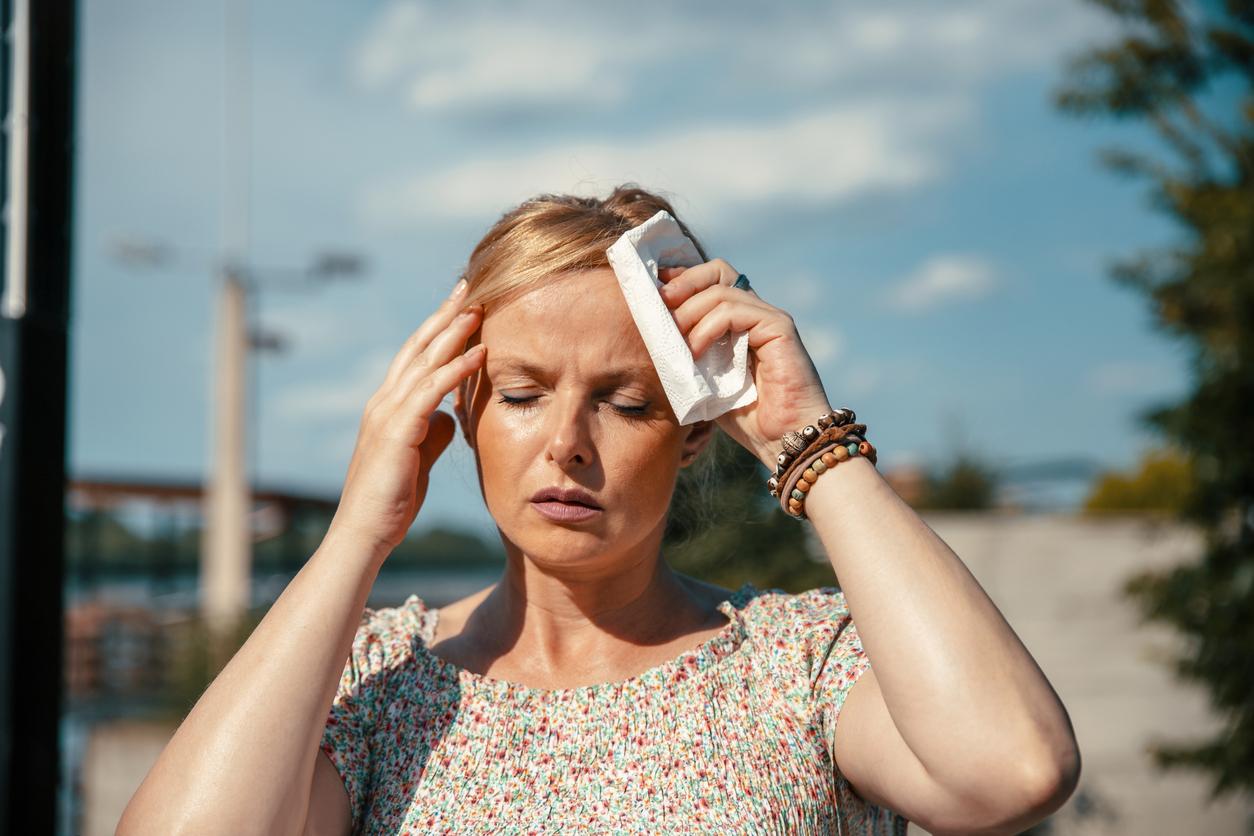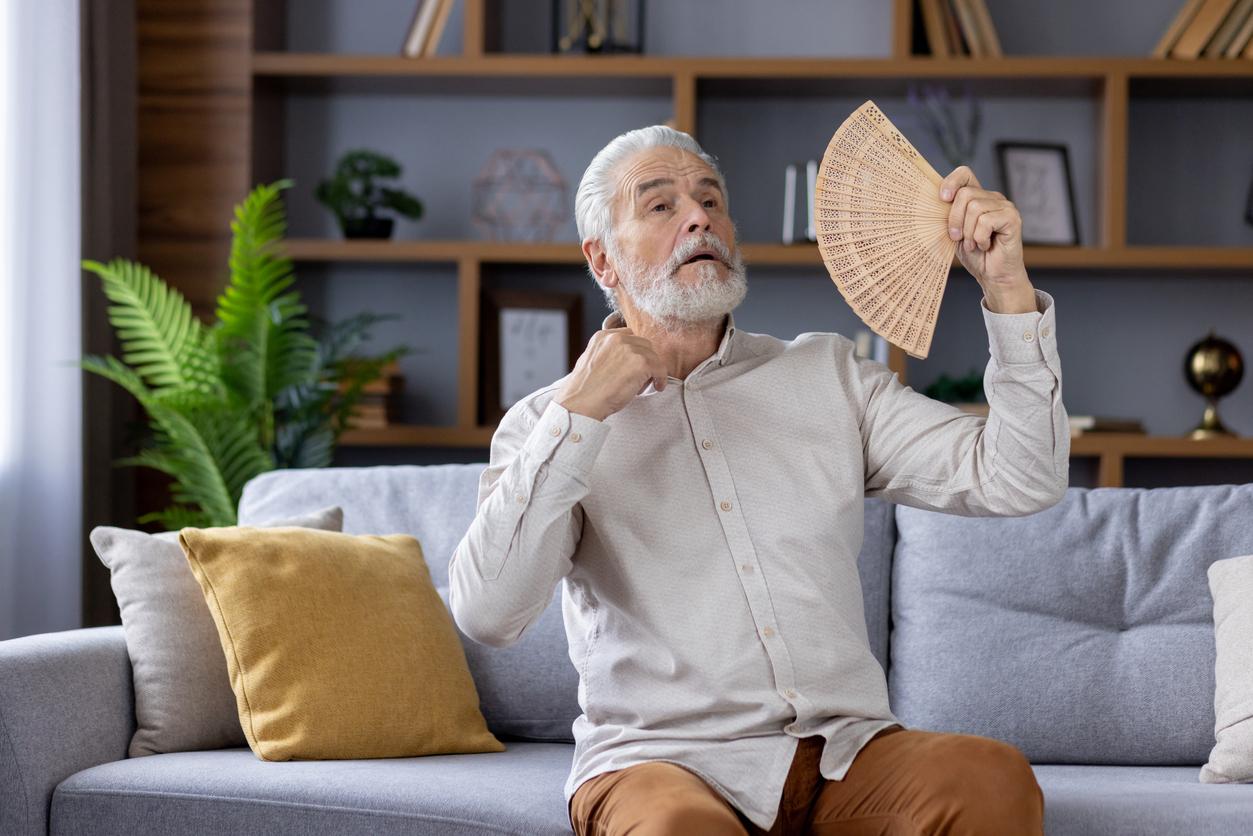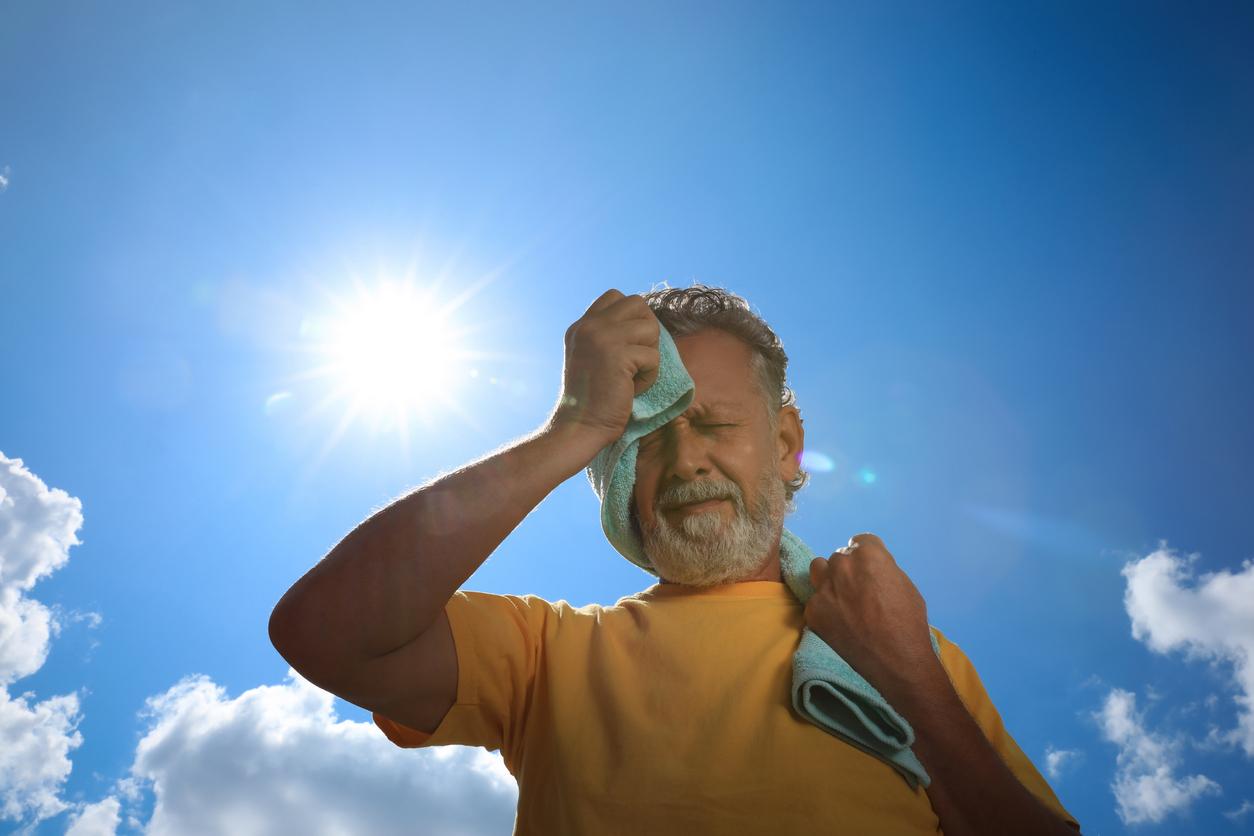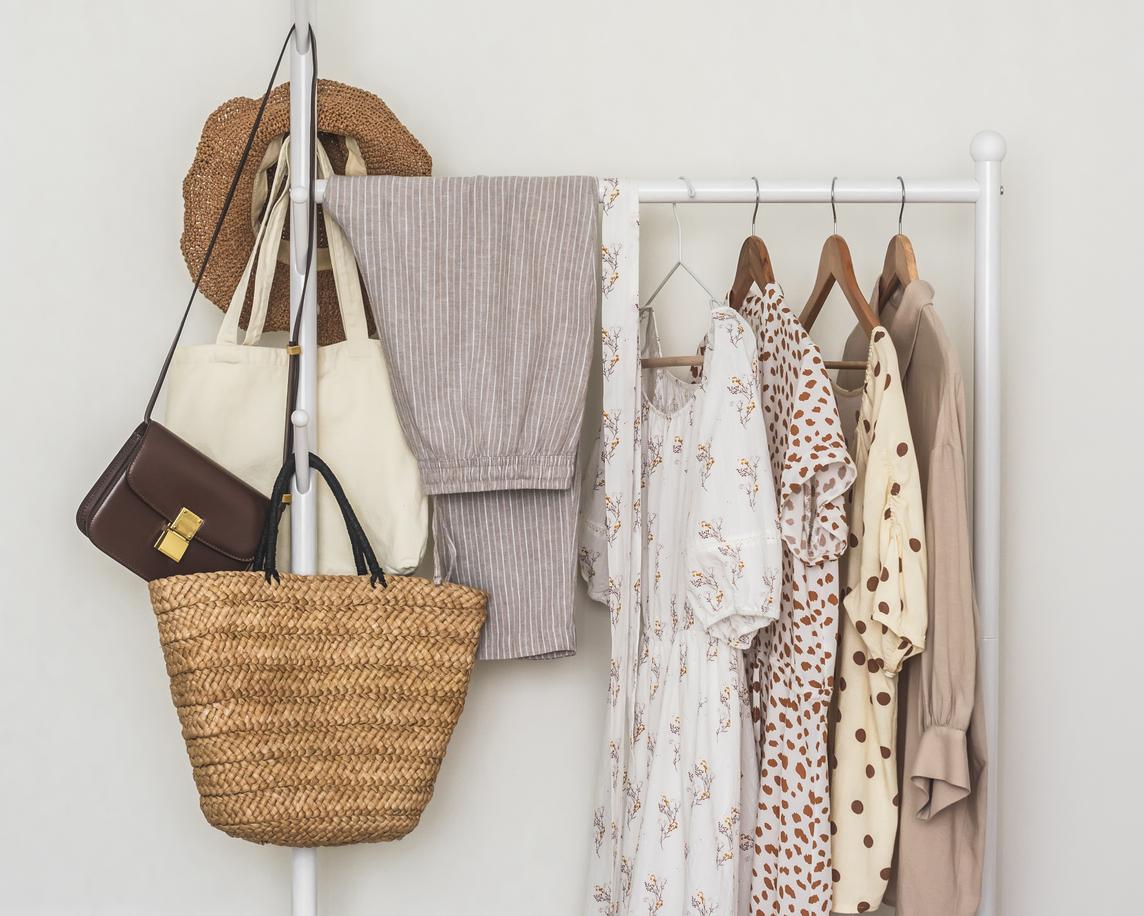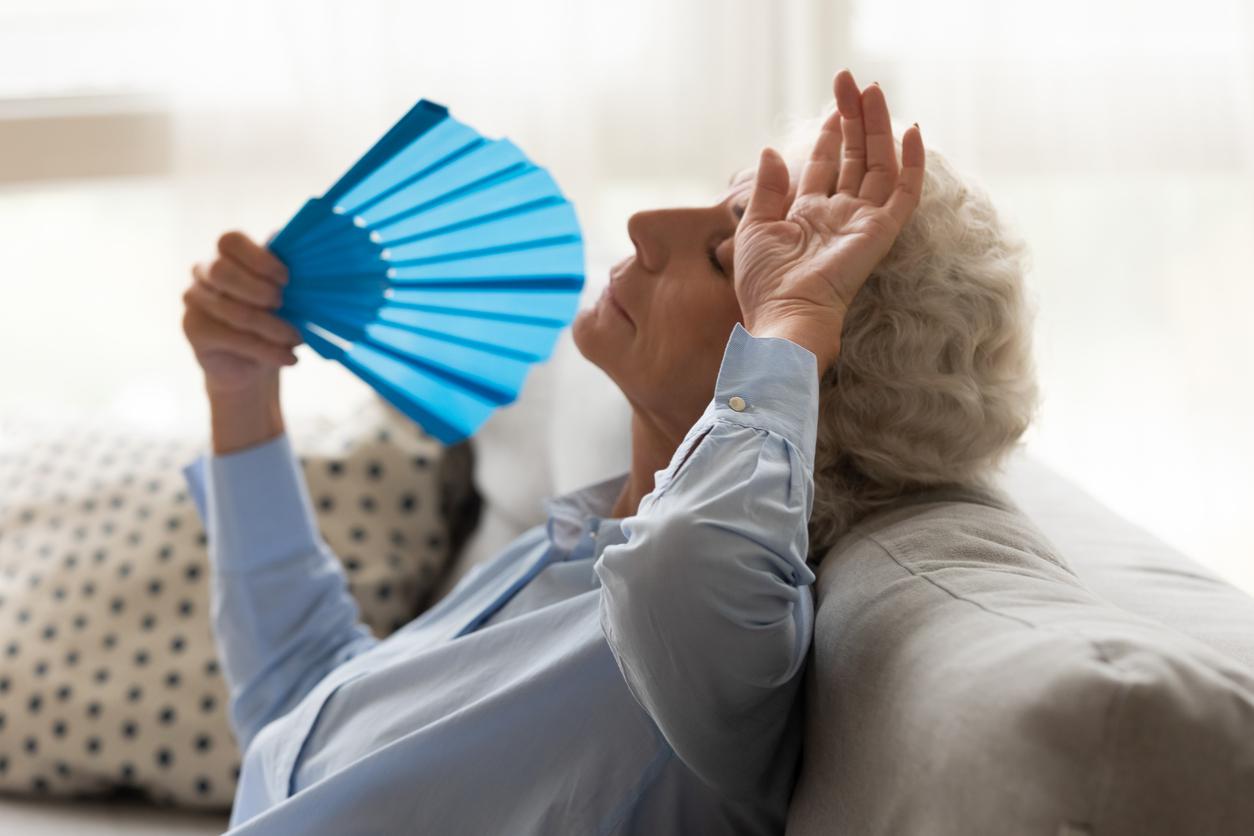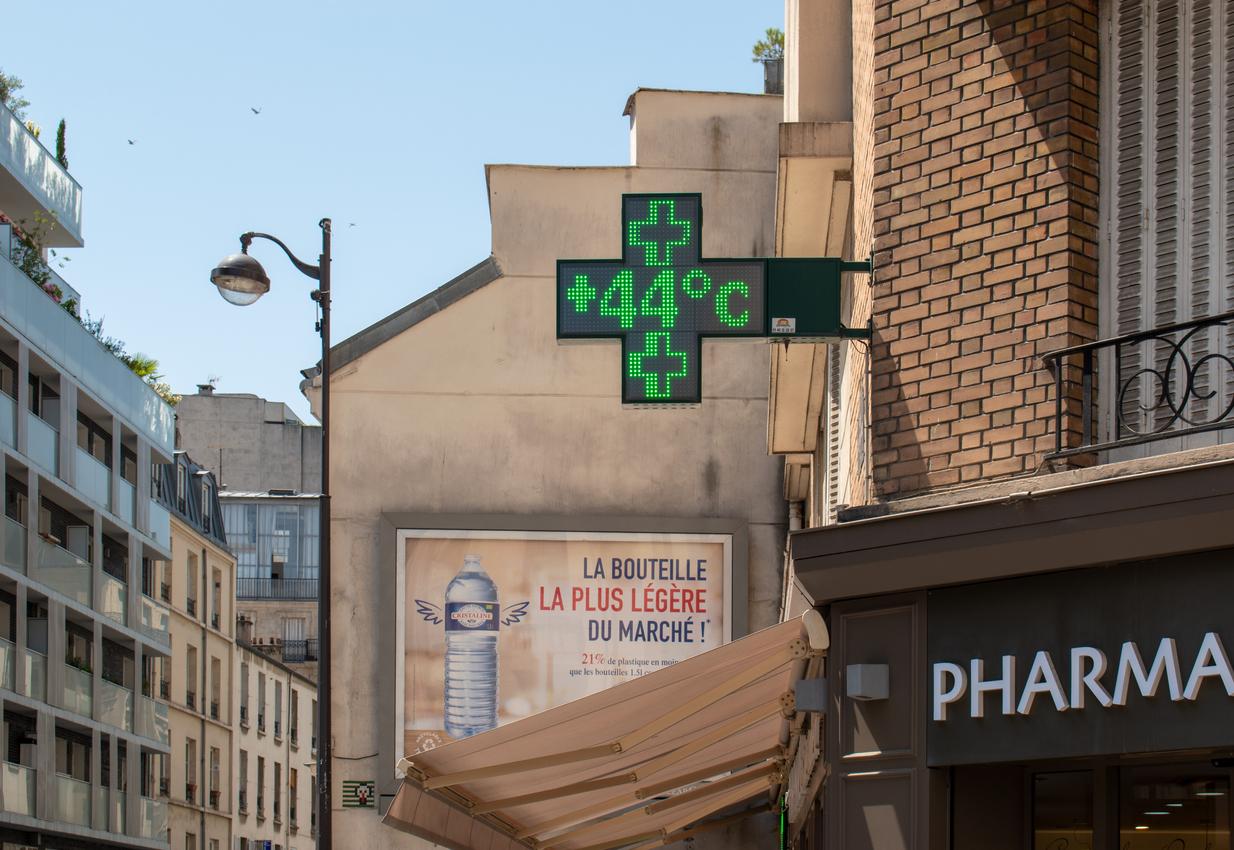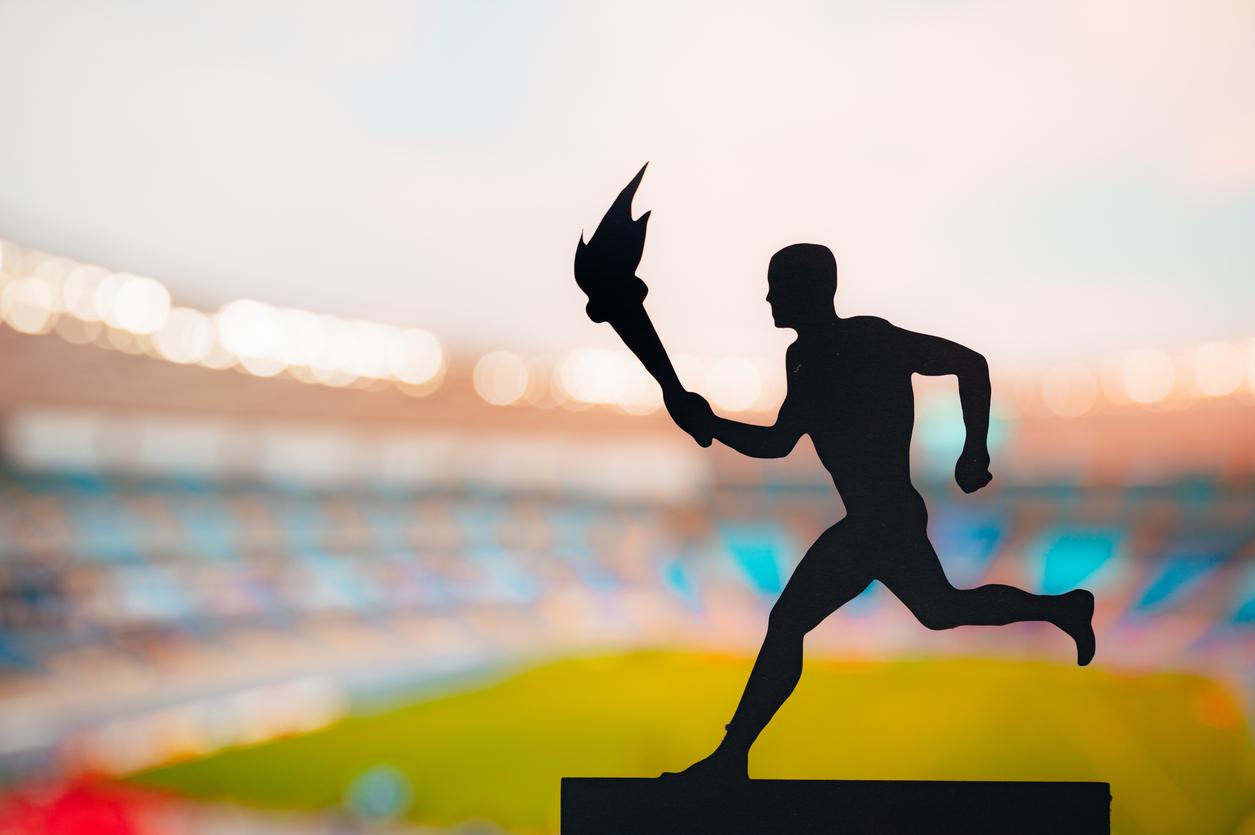
Adjust your pace
Heat doesn’t have to be a reason to stop exercising. Cycling or swimming is fine at high temperatures. But if you want to do intensive outdoor sports, it is better to take some precautions.
First of all, every year there are a few of those tropical days in the Netherlands when it is better for everyone to find a cool spot and keep calm.
Vigorous exercise can be dangerous for anyone when the mercury rises above 28 degrees Celsius. For less fit people, intensive exercise can already cause problems at 25 degrees.
May your only movement be a wrist movement with which you pour water in? No, not that again. Your body has some clever tricks for coping with heat. For example, more blood flows to the skin and you sweat extra to cool the skin and give off heat.
heat shock
But with rising temperatures and high humidity, the body may not be able to cool enough. Sleep deprivation, certain medicines or fatigue can also disrupt the natural sweat production. This can cause problems such as heat stroke or heat cramps. In the worst case, a heat shock, which can be life-threatening.
But of course it doesn’t have to come to that. You can do enough yourself to avoid such situations. You can stay in shape even on warmer days with the following tips:
- Avoid the bright afternoon sun between 12:00 and 15:00.
- Choose your location: a soft surface gives off less heat than paved roads. You can also last longer in the shade. Smart people among us just choose the gym with air conditioning.
- Adjust your training level. Make sure that you are not at the top of your ability in terms of effort, but take it easy.
- Build it up slowly. Your body gets used to the heat, so at the end of summer you can probably handle the heat better than on the first days of summer.
- Wear a white cap or hat against the sun. Avoid dark colors, these will make your head warm up earlier.
- Choose well-ventilated clothing that allows the wind to pass through and in which you can sweat well. Here, too, light colors are preferred.
- Drink a lot and before you are thirsty. You lose a lot of moisture and you have to replenish it in time. So take regular drinking breaks.
- Do not choose coffee, tea or alcohol as a thirst quencher, but opt for water or a diluted sports drink. With the latter you also supplement your deficiency of minerals.
- Last but not least: every day and every body is different, so there is no golden rule. Always use common sense and listen to your body.
Sources:
* http://www.hartenvaatgroep.nl/
* http://www.health.be/index.cfm?fuseaction=art&art_id=4593









